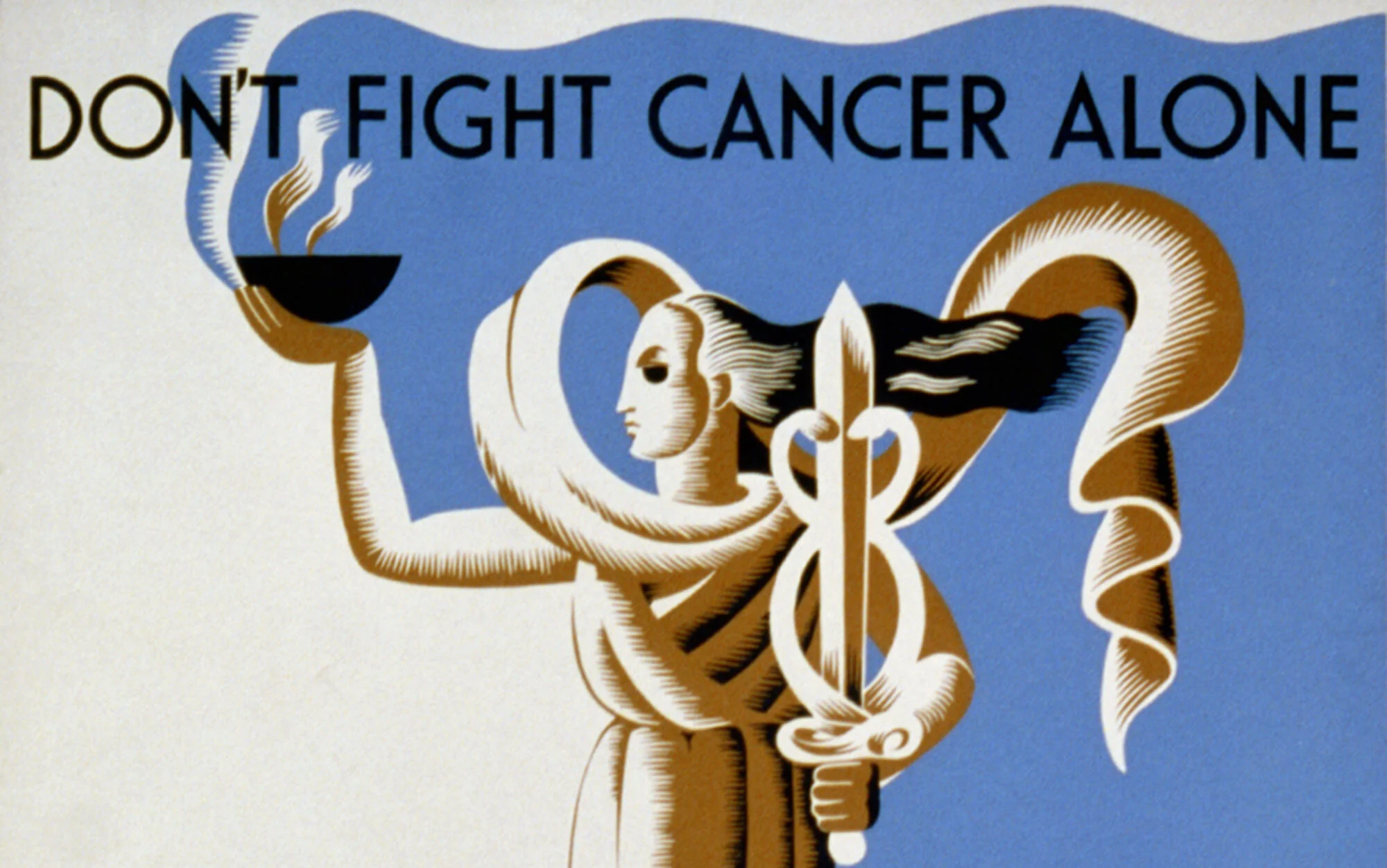this is a fun one. a summary of this argument, for those of you who don’t have the time to read all 3,400 words (which are one-part argument but also one-part history of how this framing of cancer came to be and stuck):
[…]hawkish words – talk of ‘battling’, as opposed to, say, ‘coping with’ cancer – have fallen out of favour among physicians, psychologists and patient advocates. As a practising oncologist I avoided that sort of language. War metaphors seemed inapt for describing research or cancer care. And I recognised this risk: if a treatment doesn’t work, if a tumour progresses, patients who have been led to believe that they’re supposed to put up a fight against cancer may blame themselves, mistakenly thinking that they lacked sufficient strength or will, when it’s the treatment that failed.
Many doctors have objected to the use of military words in the context of illness due to the potential psychological ramifications. A person’s lack of responsiveness to cancer treatment, a relapse or death could erroneously suggest that they didn’t try hard enough, that they were ‘weak’ and somehow responsible for succumbing to their illness. A patient’s loved ones may blame them, consciously or not, if they fare poorly after a cancer diagnosis. Patients may even blame themselves.



Language and rhetoric aside for a moment. Isn’t the premise of even curing cancer a flawed one at best? I’ve heard (and I’m no doctor), that theoretically cancer is the disease that takes us after we’ve cured everything else, that the body will either succumb from dementia (mental) or cancer (physical) because our aging and depleting cells are no longer capable of fending off disease.
So yes, it would make sense to me that we (as a society) should focus on cancer as a thing worth understanding and coping with rather than on conquering or battling it. But there’s the macro and the micro. And if it treating it like a disease worth conquering produces the psychological will for an individual to cope with it and perhaps overcome it, then they should do what feels right for them.